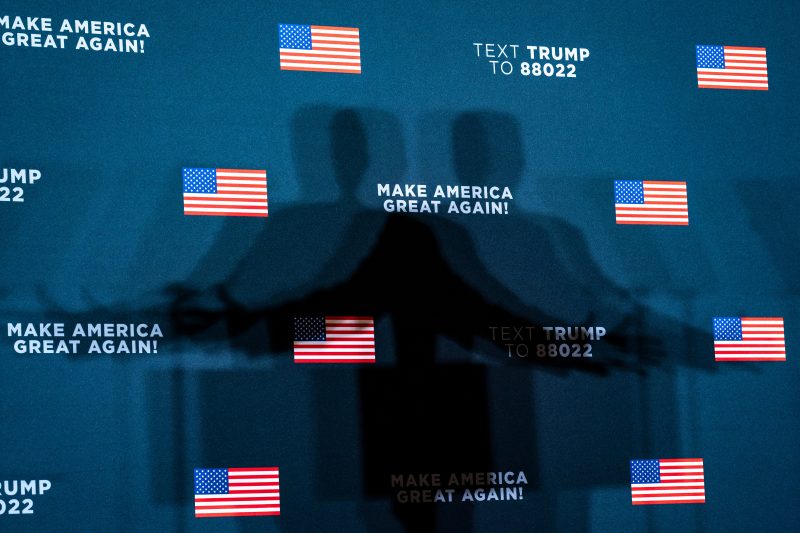Since 2016, the political landscape in the United States has been marked by increasingly divisive rhetoric, particularly by former President Donald Trump, who has consistently utilized racist appeals to further his agenda. This strategy has not only polarized the country but has also served to embolden extremist views and perpetuate systemic inequalities.
One significant aspect of Trump’s racist appeals is his consistent targeting of minority groups, particularly immigrants and people of color. Through derogatory language and harmful stereotypes, Trump has fostered a culture of fear and animosity towards these communities, leading to an increase in hate crimes and discrimination. By painting immigrants as criminals and people of color as threats to American society, Trump has fueled racial tensions and sowed distrust among different demographic groups.
Furthermore, Trump’s racist appeals have also extended to policy decisions, such as the implementation of travel bans targeting predominantly Muslim countries and the separation of immigrant families at the border. These actions not only reflect a disregard for human rights and dignity but also serve to justify discriminatory practices and reinforce harmful stereotypes.
In addition to his rhetoric and policies, Trump’s racist appeals have had a lasting impact on public discourse and political behavior. By normalizing prejudiced attitudes and divisive language, Trump has set a dangerous precedent for future political leaders, emboldening them to engage in similar tactics to rally support and maintain power. This trend not only undermines the principles of democracy and equality but also perpetuates a cycle of hatred and intolerance that is antithetical to a pluralistic society.
As the nation grapples with the legacy of Trump’s racist appeals, it is imperative for individuals and institutions to actively challenge and resist such harmful narratives. By promoting understanding, empathy, and inclusivity, we can work towards a more just and equitable society where all individuals are valued and respected. Only through collective action and solidarity can we overcome the divisive forces that seek to divide us and build a future based on mutual respect and dignity for all.

